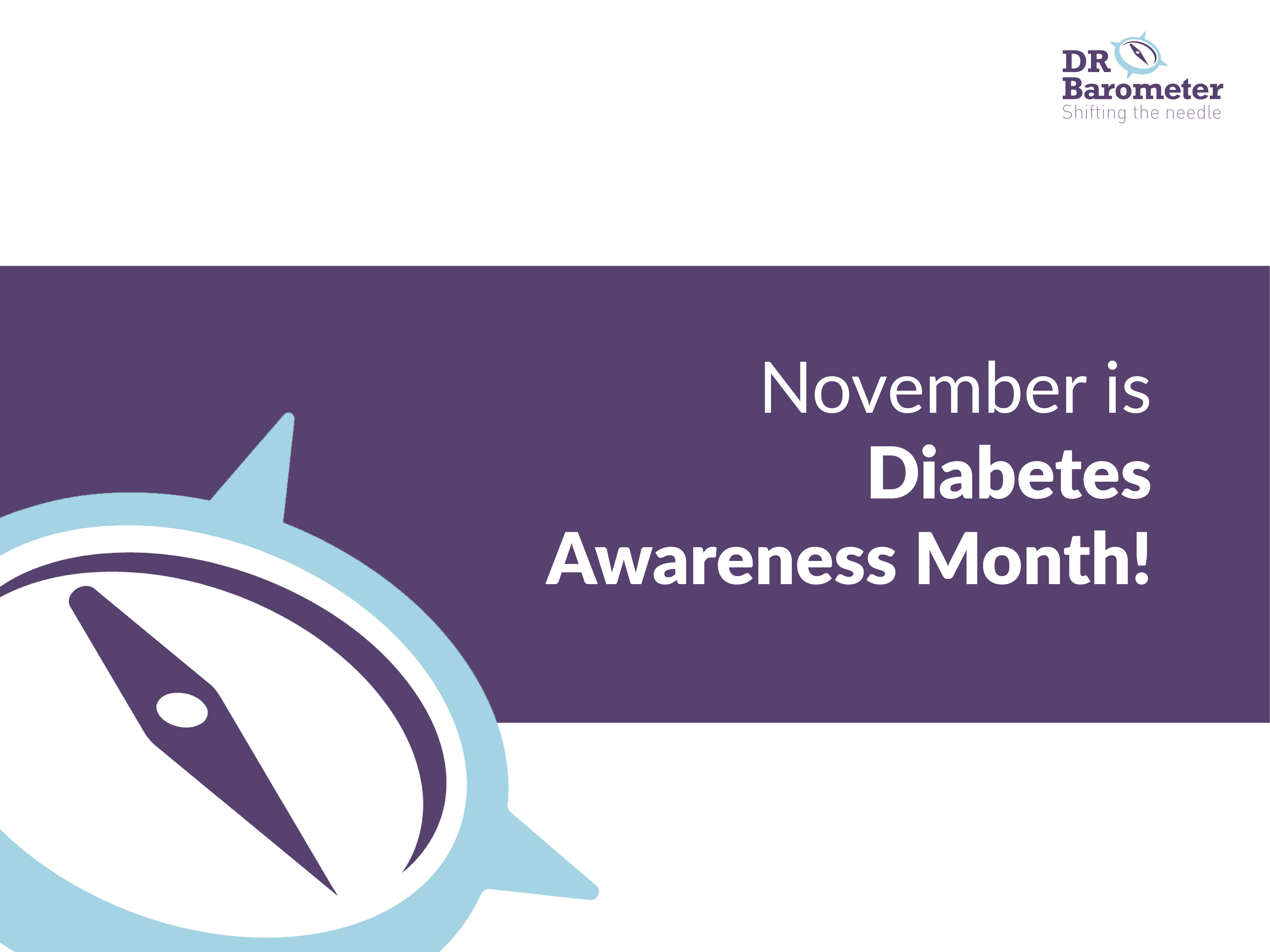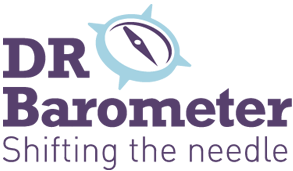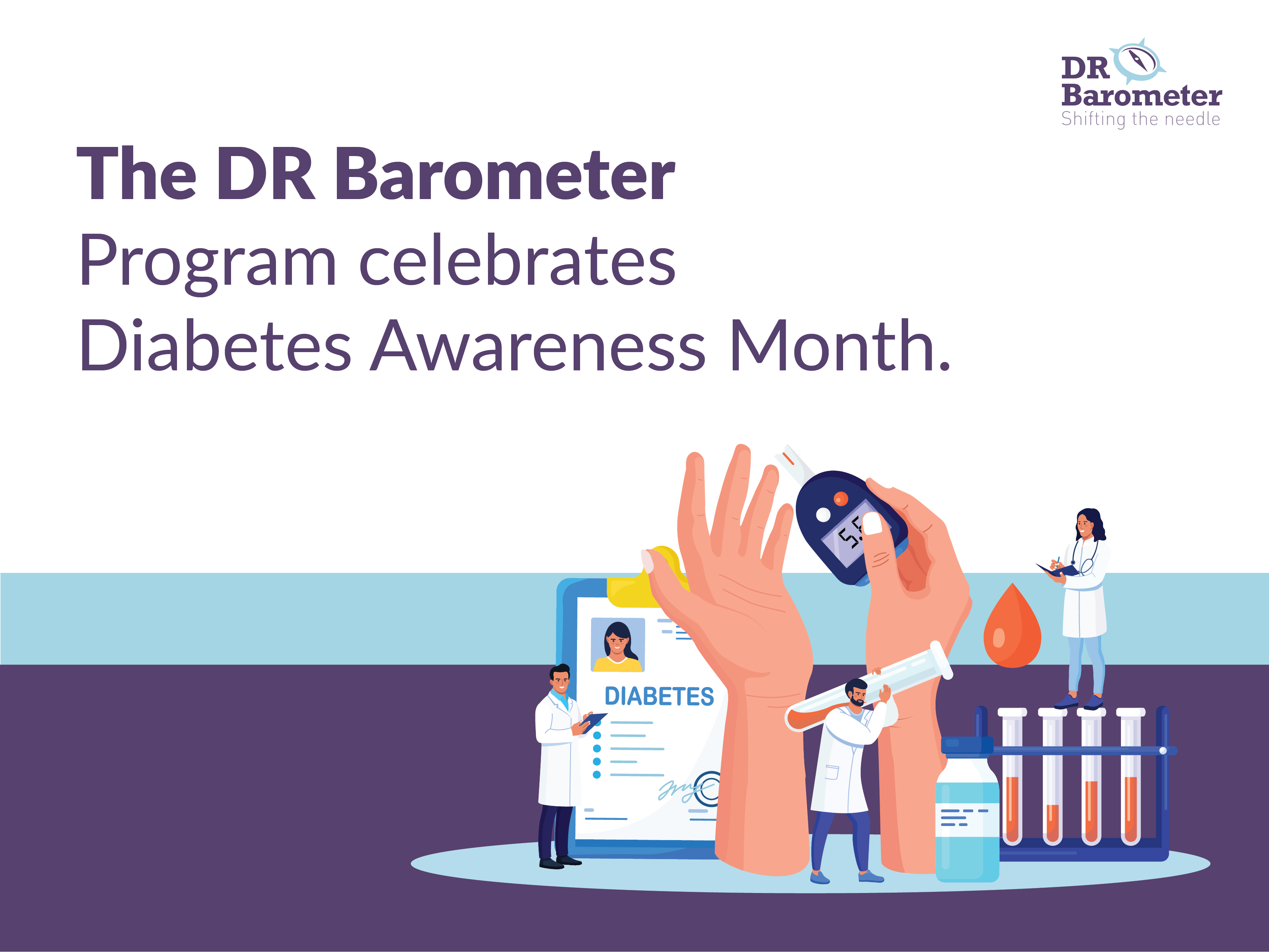November is Diabetes Awareness Month and November 14th marks World Diabetes Day. This month, the DR Barometer acknowledges the over 537 million people living with diabetes, representing over 10% of the global population, of which 1 in 5 will develop related eye diseases.
Diabetes is a complex disease, with varied causes and types (e.g., type I, type II, gestational), onset across the lifespan, and complications which can affect the whole body, from head to toe. According to the World Health Organization, complications from diabetes include blindness, kidney failure, heart attacks, stroke, and lower limb amputation.
The prevalence of diabetes is rising globally, particularly in low-and-middle-income countries. The International Diabetes Federation estimates that 6.7 million deaths have occurred due to diabetes in 2021. That’s 1 death every 5 seconds due to diabetes. Staggering death rates are only the beginning of this story, with many more millions of people living with undiagnosed diabetes. Regrettably, the onset of life-altering complications, such as diabetic retinopathy, maybe the first point of a diabetes diagnosis. Findings from the DR Barometer Program suggest that a late diagnosis is associated with uncontrolled diabetes and advancing disease progression.
Diabetes can be managed with medication and lifestyle changes, such as adequate physical activity and a good diet. Regular screening and primary care can help to prevent and/or identify complications in their early stages, including those of vision that can lead to blindness.
Despite good management and treatment being available in many countries, overall substantial improvements are required globally. In all countries regardless of the GDP, disparities in health outcomes persist, particularly for marginalized communities. Studies find that those with lower socioeconomic status are more likely to develop type II diabetes, experience complications, and die sooner, compared to those with higher socioeconomic status. Across the globe and in health systems, reducing the burden of diabetes is an ongoing challenge.
The reasons for the state of diabetes care are complex and diverse. Firstly, health promotion and prevention are largely deprioritized across global health systems, resulting in a lack of education, awareness, and health promotion efforts to ensure healthy lifestyles which prevent the onset of diabetes itself, or its serious complications. In the case of diabetes-related eye diseases, many national health systems lack the infrastructure, health system capacity, or appropriately trained healthcare professionals to provide regular eye screening programs to identify vision complications in the early stages. Even if such guidelines and programs exist, many people with diabetes are not aware of the need for regular eye exams to prevent vision complications.
Secondly, there is a lack of access to primary care services which serves as the first point of care for diagnosis, management, and education on the prevention of more adverse consequences of diabetes, as well as a starting point for navigating the health system should you need to be referred to specialist care. Referral to secondary or tertiary levels of specialty care is often very complex, placing a burden on the patient and their families to navigate the system of accessing specialist care, long wait times, with the added impediment of a lack of information and time with healthcare providers. Furthermore, such inefficiencies place a burden on the health system itself and its providers. Integration of diabetes care must be a priority, along with ensuring access to the best available preventive measures and treatments.
Improvements can be made across health systems globally to ensure adequate diabetes care for all. This Diabetes Awareness Month, the DR Barometer Program calls for sustained action from all stakeholders to (1) improve access to appropriate diabetes care and education, which includes appropriate access to medications, treatments, specialty care, and preventative measures and (2) enhance integration and coordination of care to improve patient-centredness of diabetes care and its related complications.



